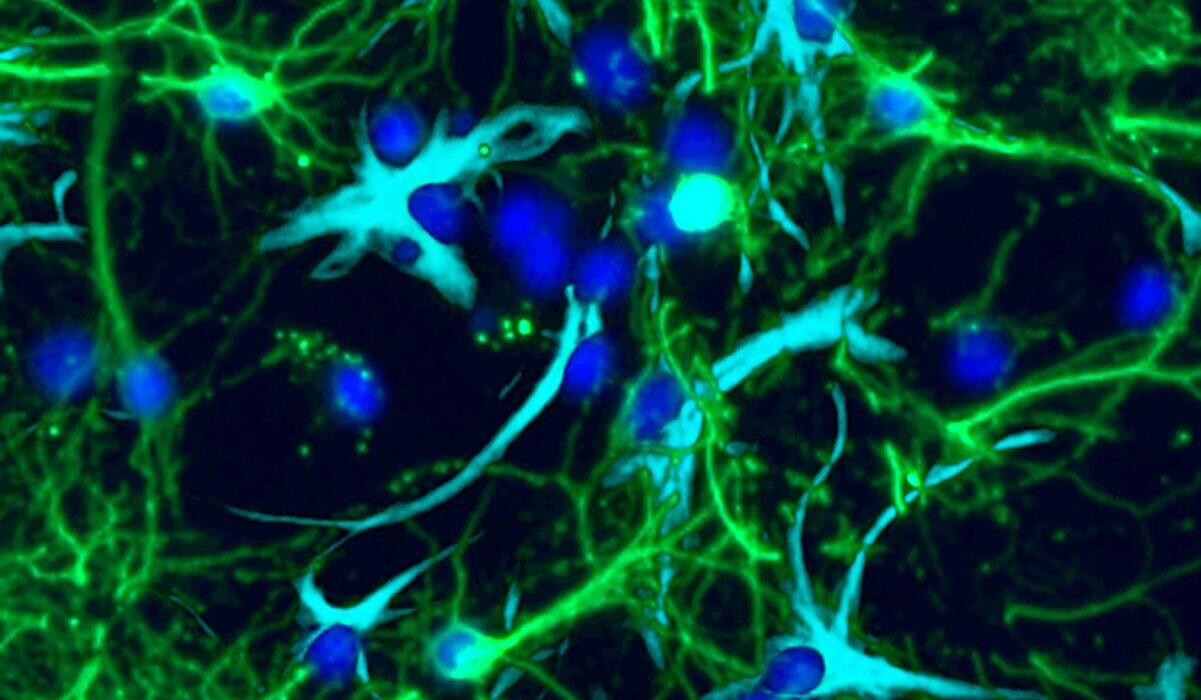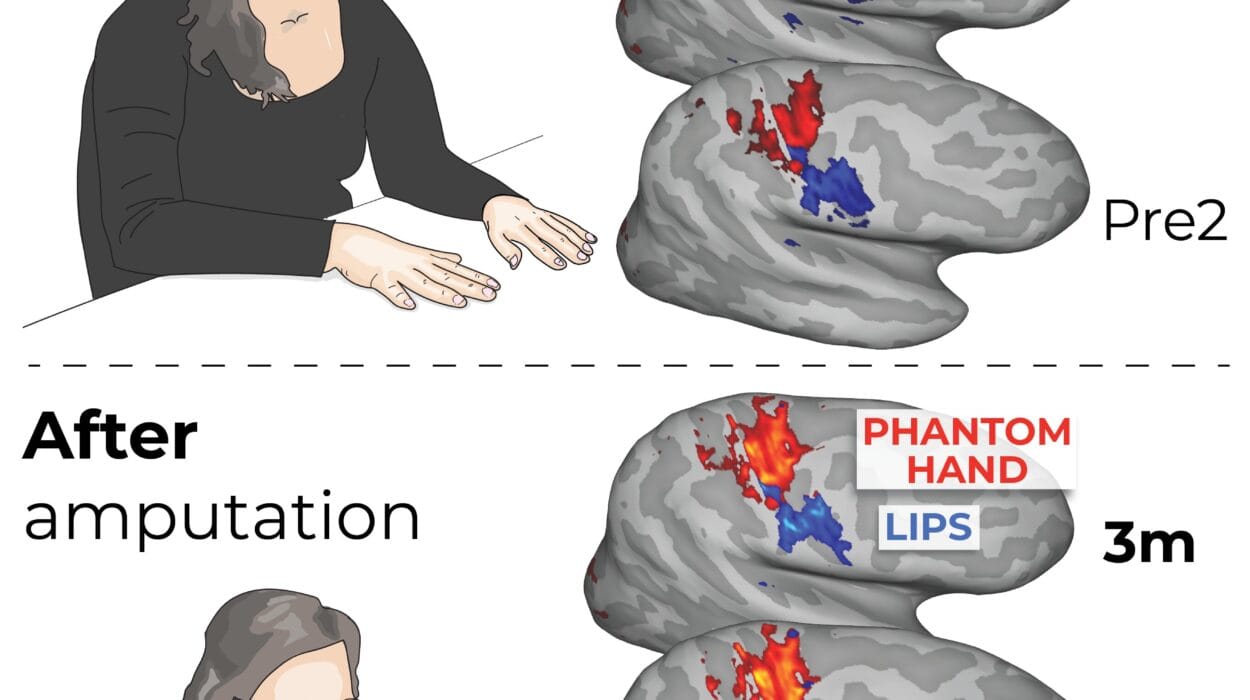What if someone told you that the secret to a better mood, sharper mind, stronger body, deeper sleep, and even a longer life—all lies in just 30 minutes of your day? No pills, no expensive routines, no elaborate gym equipment. Just half an hour of movement. It sounds almost too simple, too good to be true. But science says it’s not only possible—it’s powerful.
In a world obsessed with complex solutions and dramatic transformations, we often overlook the subtle giants. Daily movement is one of them. You don’t have to train like an Olympian or run marathons to reap extraordinary health benefits. Just 30 minutes of physical activity a day can reshape your life in ways you never imagined.
Let’s explore, in full depth, how this seemingly modest commitment can spark massive improvements in your physical, mental, emotional, and even social well-being. This is not about punishing your body. This is about celebrating what it can do—and unlocking its full potential, one minute at a time.
The Body Transformed: Physical Perks of Daily Movement
The moment you start moving, your body begins a symphony of internal processes. Your heart pumps faster, blood flows more freely, oxygen travels more efficiently, and your muscles wake up. Within a few minutes, you’re not just exercising—you’re healing.
Cardiovascular health is one of the most immediate beneficiaries of regular exercise. Just 30 minutes of moderate activity—like brisk walking, cycling, dancing, or swimming—can reduce your risk of heart disease, stroke, and high blood pressure significantly. It strengthens your heart muscle, improves cholesterol profiles, and enhances circulation.
But the magic doesn’t stop at your heart. Exercise helps regulate blood sugar, lowering your risk of Type 2 diabetes. It supports your lungs by increasing their capacity and efficiency. Your bones grow stronger, warding off osteoporosis and joint pain. Even your immune system gets a boost, becoming more adept at fending off infections and chronic inflammation.
Weight control is another obvious benefit. Thirty minutes of movement burns calories—helping maintain a healthy weight or assist with fat loss. But it’s not just about vanity. Carrying less excess weight means less strain on your heart, joints, and metabolism.
And let’s not forget posture and balance. Daily activity improves core strength, flexibility, and coordination—crucial for preventing falls, especially as you age.
Thirty minutes a day won’t turn you into a bodybuilder—but it will turn you into a healthier, more energized version of yourself. The transformation is quiet, but it’s undeniable.
Brain Boost: Mental and Cognitive Benefits
If your brain could talk, it would cheer every time you got up to move. Why? Because exercise is brain food.
Physical activity increases blood flow to the brain, delivering vital oxygen and nutrients that keep your neurons firing and your synapses sharp. Within minutes of starting to exercise, you experience an uptick in brain function: faster processing speed, improved memory, and better focus.
In fact, studies show that regular exercise enhances the size of the hippocampus—the brain region involved in learning and memory. It also strengthens the prefrontal cortex, which is responsible for decision-making, impulse control, and emotional regulation.
But perhaps the most immediate and noticeable impact is on your mood. Exercise triggers the release of endorphins—chemicals that act like natural antidepressants. These “feel-good” hormones elevate your mood, reduce stress, and create a natural high often referred to as the “runner’s buzz.” That post-exercise glow is real—and it’s rooted in neurobiology.
Just 30 minutes a day can significantly reduce symptoms of anxiety and depression. It calms the nervous system, reduces cortisol (the stress hormone), and increases levels of serotonin and dopamine—two neurotransmitters critical for happiness and motivation.
And when it comes to long-term brain health, exercise is a powerful protector. Regular physical activity lowers your risk of cognitive decline and neurodegenerative diseases like Alzheimer’s. It keeps your brain agile and resilient—well into old age.
So next time you’re feeling foggy, anxious, or emotionally stuck—don’t just sit and think. Get up and move. Your brain will thank you.
Emotional Resilience: The Soul of Daily Movement
Life is stressful. Bills pile up, relationships challenge us, and unexpected events throw our routines off course. But regular physical activity acts like an emotional buffer—arming you with the resilience to bounce back from life’s hurdles.
Exercise builds emotional strength in subtle ways. It teaches discipline and routine. It provides a healthy outlet for frustration and anger. It creates a sense of accomplishment and control—even on days when everything else feels chaotic.
Think of it as emotional armor. On tough days, 30 minutes of movement can shift your state of mind. The act itself—whether it’s a jog, a yoga session, or a dance in your kitchen—grounds you in the present. It pulls you out of worry, regret, and overthinking, anchoring you in your body.
And then there’s the self-esteem boost. As your body becomes stronger, your confidence grows. You begin to feel capable, energetic, and proud—not because of how you look, but because of how you feel.
Exercise also nurtures optimism. Moving your body daily reminds you of what you can control. It’s a physical affirmation that even if you can’t fix everything, you can choose to show up for yourself. That’s emotional power.
Sleep Like You Mean It: How Exercise Enhances Rest
If you’ve ever spent a sleepless night tossing and turning, you know how vital good sleep is to mental and physical well-being. Here’s the good news: 30 minutes of daily exercise can work wonders for your sleep quality.
Physical activity helps regulate your circadian rhythm—the internal clock that tells your body when to sleep and when to wake. It increases time spent in deep, restorative sleep stages, reduces the time it takes to fall asleep, and decreases nighttime awakenings.
Exercise also helps with insomnia. In one study, participants who engaged in moderate exercise for just 30 minutes a day experienced a 65% improvement in sleep quality within a few weeks.
Morning or afternoon workouts are particularly effective for syncing your sleep-wake cycle. However, even evening exercise can be beneficial—as long as it’s not too intense right before bedtime.
The link between exercise and sleep is beautifully reciprocal: when you move your body during the day, your body repays you at night with deep, healing rest. And when you sleep better, you’re more motivated to move again the next day. It’s a virtuous cycle—and you only have to take the first step.
Aging Gracefully: Longevity and Vitality
Getting older is inevitable. But how you age—that’s a different story. Daily exercise plays a monumental role in how gracefully and energetically you move through the years.
Just 30 minutes of activity helps preserve muscle mass, bone density, and joint mobility—all crucial for maintaining independence and preventing falls in older adults. It keeps the cardiovascular system youthful, wards off metabolic diseases, and enhances cognitive sharpness.
Exercise has even been linked to increased telomere length. Telomeres are the protective caps at the ends of your DNA, and their length is associated with aging. Longer telomeres mean longer life. Regular movement seems to help preserve them.
And perhaps most importantly, exercise fosters a sense of purpose and vitality. It gives you the energy to participate in life fully—whether that’s playing with your grandchildren, traveling the world, or simply enjoying a walk in the park without pain.
You may not stop the clock—but you can certainly slow it down.
Immunity and Inflammation: Your Body’s Defense System
Your immune system is your personal army, constantly fighting off bacteria, viruses, and internal threats. Like any army, it needs training, support, and care. Daily exercise provides exactly that.
Moderate exercise has been shown to enhance immune surveillance—the process by which your immune cells circulate and detect pathogens. It improves the function of T-cells, increases the production of anti-inflammatory cytokines, and boosts the activity of natural killer cells.
It also helps regulate systemic inflammation, which is a root cause of many chronic diseases—from heart disease to cancer to autoimmune disorders. Chronic low-grade inflammation silently damages tissues over time, but regular movement keeps it in check.
But remember—more isn’t always better. Excessive, intense exercise without recovery can actually suppress immune function temporarily. That’s why the sweet spot—30 minutes of moderate activity—is so powerful. It strengthens without stressing.
Especially in today’s world, where new viruses and health threats constantly emerge, supporting your immune system is more important than ever. And it begins with something as simple as moving your body every day.
Relationships and Connection: Social Benefits of Movement
Exercise is often seen as a solo endeavor—but it doesn’t have to be. In fact, some of its greatest benefits are social.
Group fitness classes, walking groups, running clubs, or even team sports offer built-in community. These connections combat loneliness, boost accountability, and make movement more enjoyable.
Exercising with a partner—whether it’s a spouse, friend, or coworker—can deepen relationships. You cheer each other on, celebrate progress, and share vulnerability. The shared struggle creates a unique bond.
Even brief encounters—like chatting with a fellow walker or waving at your neighbor—add up. They reinforce a sense of belonging, which is essential to mental health.
And beyond socializing, exercise can improve your behavior in relationships. When you feel better physically and emotionally, you’re more patient, more present, and more positive. You bring your best self to the people around you.
In other words, when you take care of yourself—you’re also taking care of your relationships.
Creativity and Focus: Unlocking Your Inner Genius
There’s a reason why great thinkers—from Charles Darwin to Steve Jobs—took long daily walks. Movement stimulates creativity. It sparks new ideas, uncovers solutions, and opens mental doors you didn’t know existed.
Exercise increases divergent thinking, the ability to come up with multiple solutions to a problem. It also promotes convergent thinking—the ability to zero in on the best one. Both are critical for innovation.
Many people report experiencing “aha” moments during or after a workout. That’s no coincidence. Movement increases brain-derived neurotrophic factor (BDNF), which supports new neural growth and flexibility. It also changes your brainwaves, helping you enter a more relaxed, open, and imaginative state.
If you’re stuck on a problem or feeling creatively blocked—step away from your desk and move your body. Whether it’s a walk, stretch, or quick workout, those 30 minutes might unlock your next big breakthrough.
Affordability and Accessibility: Exercise for Everyone
You don’t need fancy gear, a gym membership, or trendy apps to exercise. You don’t need to look a certain way, wear specific clothes, or have athletic genes. All you need is a little time, a little space, and the willingness to move.
Walking is one of the most underrated forms of exercise. It’s free, accessible, and effective. Add in bodyweight exercises like squats, push-ups, or planks—and you have a full-body routine, no equipment required.
Yoga, dance, stretching, or jumping rope can all be done at home. There are countless free videos online to guide you if you prefer structure. You can even break up your 30 minutes into smaller chunks throughout the day if needed.
In a society where health often feels expensive and exclusive—exercise remains one of the most democratic, empowering tools we have.
Making It Stick: Turning Movement into a Daily Habit
Understanding the benefits is one thing. Building the habit is another. The secret lies in simplicity and consistency. Choose something you enjoy. Start small. Schedule it like an appointment. And celebrate your progress.
It’s also helpful to connect movement to meaning. Don’t just exercise to “lose weight” or “get fit.” Move because it helps you feel energized, sleep better, parent better, love better. Move because it connects you to your body, your breath, your strength.
Track your efforts—not obsessively, but as a gentle reminder that you’re showing up for yourself. Use visual cues—a sticky note, a calendar, a reminder on your mirror.
And most of all—be kind to yourself. If you miss a day, don’t quit. If it feels hard, go slower. Every step counts. Every effort matters.
Conclusion: The Half-Hour That Changes Everything
Thirty minutes. That’s all it takes. Not to be perfect—but to be better. To feel more alive, more grounded, more you.
Daily exercise isn’t a chore—it’s a gift. A declaration that your body and mind are worthy of care. A promise that you will keep showing up, even when life gets loud.
So lace up your shoes. Roll out your mat. Step into the sunlight. Dance to your favorite song. Walk, stretch, run, flow—whatever speaks to you. Just move.
Because in those 30 minutes a day, you’re not just exercising. You’re building energy, resilience, joy, strength, and hope. One day at a time.
And that is the kind of transformation that lasts a lifetime.






